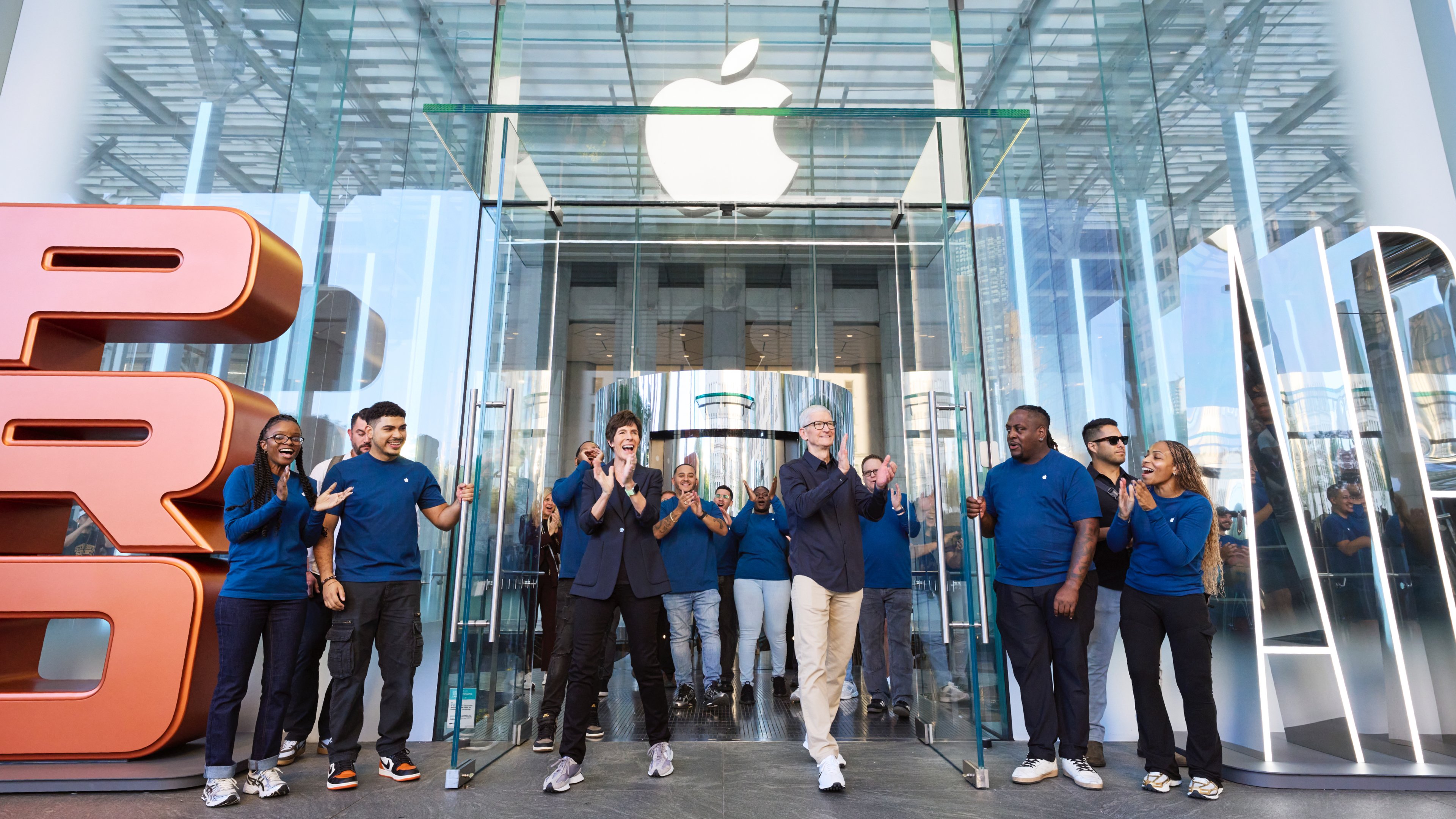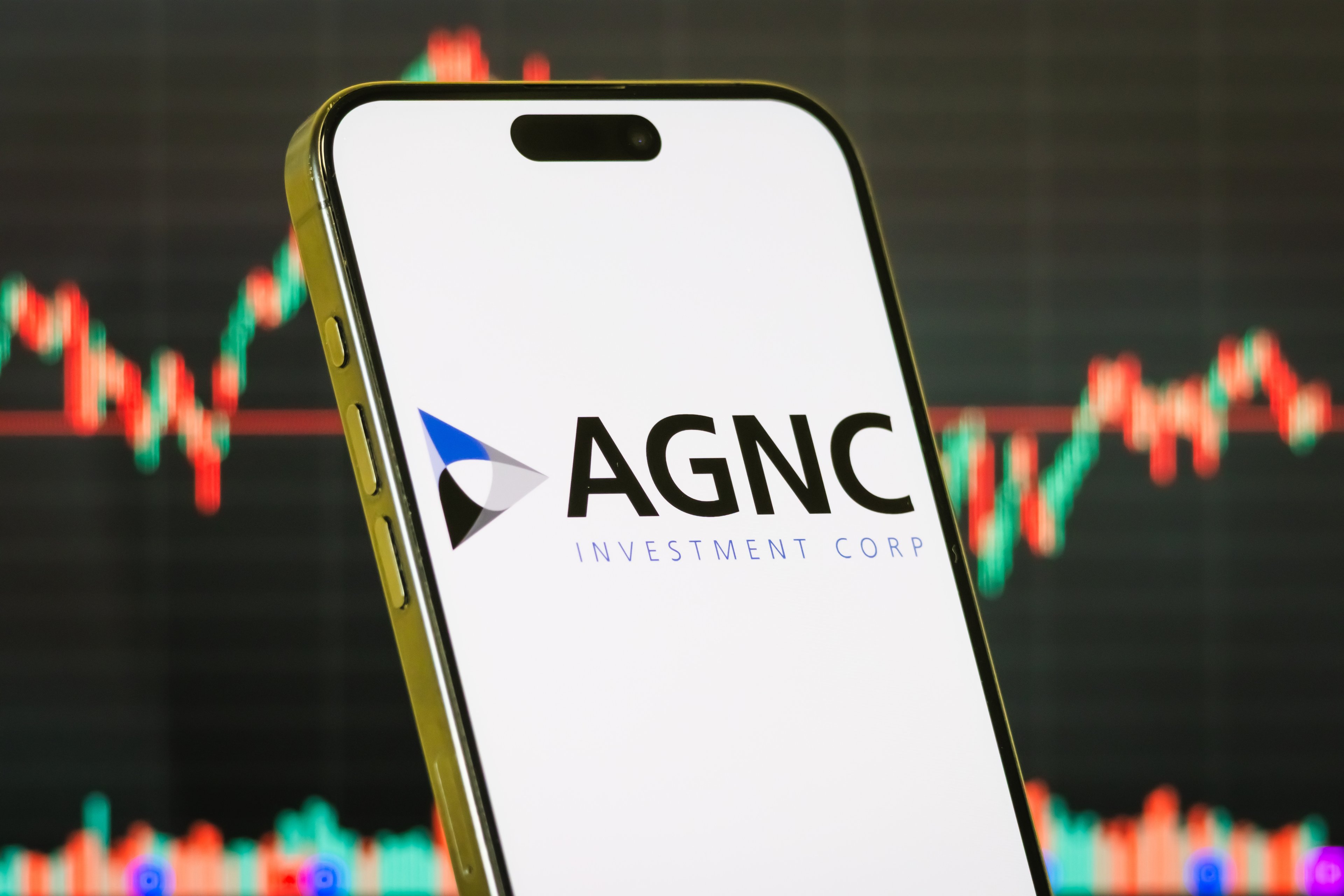Banks are increasingly becoming more "universalized" -- that is, offering more and more different products and services. Here's why this could be a good thing for a bank and what the potential drawbacks are for vertical integration.
A full transcript follows the video.
This video was recorded on April 9, 2018.
Michael Douglass: I promised we were going to get back to banking, and lo and behold, here we are. Banking. When you look at how the banks are expanding and changing, particularly the big banks, but I think we see this across some of the smaller regional ones as well, there is a vertical integration aspect here, where banks are increasingly trying to be all things to all people. We talked about Goldman a little bit earlier. Let's talk about Goldman a little bit more. They are traditionally an investment bank. Their focus is on M&A, wealth management, and their trading desk. And yet, they're now doing consumer loans with Marcus. And you've also seen, in general, the lines between the different types of big banks -- again, your commercial banks, investment banks and universal banks -- kind of blur as they all try to do all of the things a little bit.
Matt Frankel: Yeah, definitely. The problem with not being in all lines of banking these days is that people want somewhere where you can do everything in the same place. In Goldman's case, their investment banking business was great as long as most of the other major banks didn't have investment banking divisions. But now that Bank of America has Merrill Lynch, Wells Fargo has Wells Fargo Advisors, and I could go on, JPMorgan is obviously an investment bank. But now they're trying to give their customers more of a one-stop experience so they don't say, "Well, OK, I'm going to go to Wells Fargo where I can have my wealth management needs met and have all of my other banking needs met in one place."
Now, Goldman's a long way from offering everything a banking customer could need, obviously. There's no Goldman Sachs branches in my city, I don't think there are in yours. But, that's kind of the direction it's going, and I wouldn't be surprised if it gets there someday, where there's a Goldman Sachs branch in Alexandria, where Michael is.
Douglass: Yeah. And I mean, this makes sense in a lot of ways, right, that the banks are trying to do this, because they're trying to meet their customers where they are. Time is a valuable commodity, and one of the things with the advent of the internet is that it's become so much easier to save time with things, so we prize it, because we're trying to find ways to reduce all these extra errands and all this extra stuff that we have to remember and do because there's so many other things now that we can remember and do and learn about. So, banks really have to try to serve that.
One of the problems for banks in approaching this is that they risk getting into something that they're not very good at and making a big mistake. Particularly when you think about a bank that historically hasn't made loans a lot, like, for example, a Goldman, and then they start making loans, you can see why that might become a bit of a concern for investors in that bank, given that they just don't have a ton of experience in it, compared to their other business lines.
Frankel: No, that's true. There's definitely pros and cons. There's what you're referring to, which is a general loss of focus on their core business. But there are trade-offs, especially if they're going for growth through acquisitions, adding another segment. A lot of economies of scale, I guess you would say, by going from a bank with -- I mean, with the ones we're talking about, $1 trillion of assets to $2 trillion of assets, there are some economies of scale to be had there.
And it also lets you cut out the middleman. Even before banks started universally integrating, they would have a wealth management partner they would refer customers to, a place they would refer customers to for loans if they weren't already making them. So, it lets them be the middleman and pocket all the money for themselves from their customers. Banks refer to that as cross-selling.
It's just kind of a trade-off. For the record, I'm not doubting Goldman's experience to assess risk. They're pretty good at that in other areas of their business. But that's a very good point. I'm trying to think of a purely commercial bank ... like, if U.S. Bank started a big investment banking division, it would be a little suspicious, or at least make me a little bit wary as a shareholder, if they were going to completely get into a new line of the business.
Douglass: Yeah. It's one of those things where, as you noted, in some ways, these are the sorts of things that follow cycles where companies will bulk up, and then they will slim down, and they'll bulk up and they'll slim down. Certainly, that's been the case in healthcare. Anyone who's a follower of big pharma has seen this cycle play out a few times in the last couple of decades. I think one of the big questions we'll have to ask with the banks, is this a permanent thing? I think the answer is yes, because people are looking to simplify their finances, so they want a platform that can do all the things. But it's still, I think, to some extent, also an open question. It's certainly possible that we could be wrong. It's one of those things where time will tell.
Frankel: Yeah, definitely. Vertical integration for some of the big banks, too, it's worth mentioning, is one of their big advantages over the smaller online banks that can offer better interest rates and better loan rates that we've been talking about in other episodes recently. For example, BofI is one of our favorite banks, and I use Wells Fargo because I like having a safe deposit box and I like being able to go inside and talk to a teller if I need to. And I get all of my banking needs met through Wells Fargo, whereas with BofI, I could get a great savings account and maybe a mortgage, but that's about it. So, it's part of making their advantage as the big players in the industry, too.
Douglass: Yeah, absolutely, I think that makes a lot of sense.





